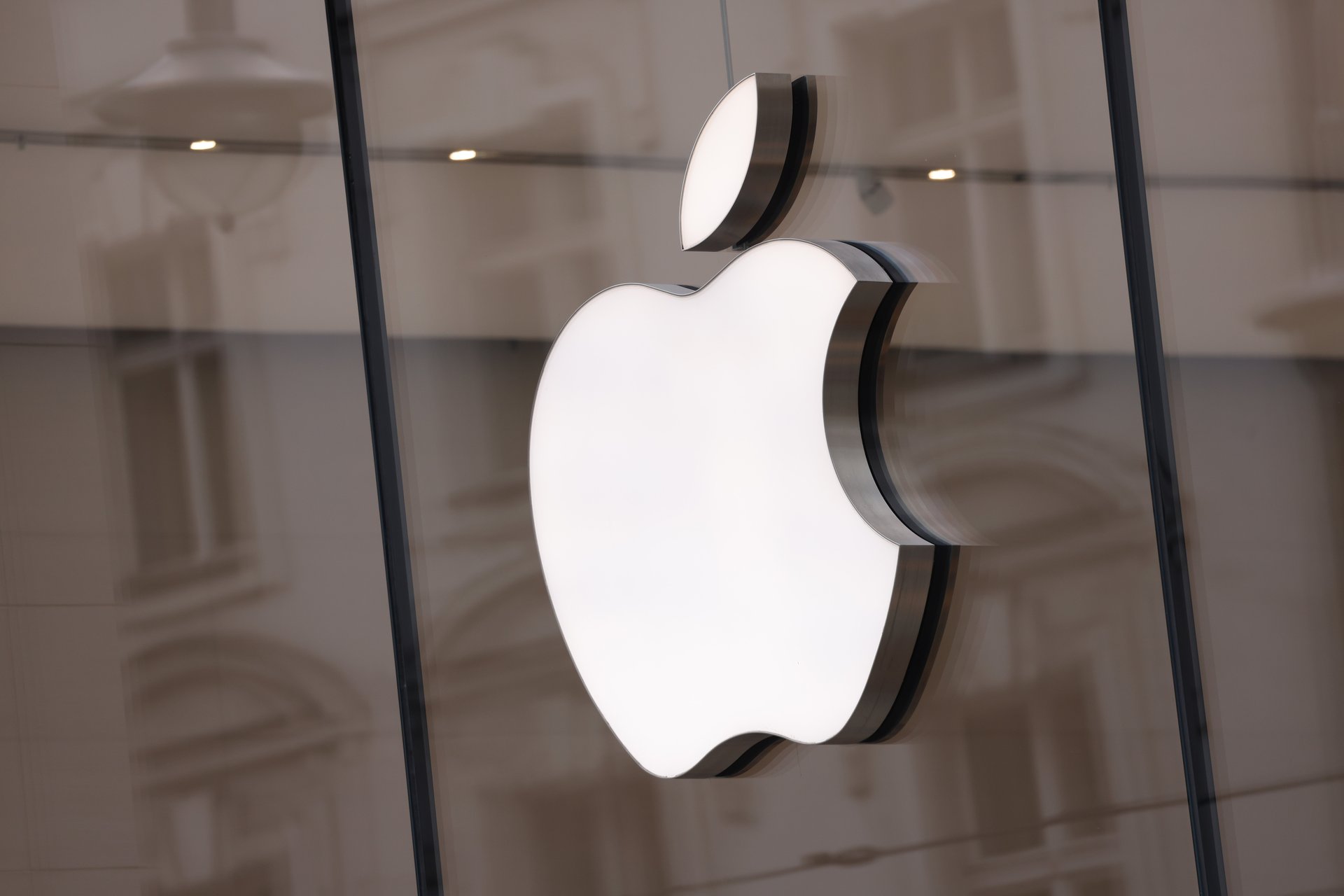Big Tech is swallowing up AI
Antitrust regulators are coming after tech giants. That hasn't stopped Apple, Amazon, and Microsoft from buying, investing in, or just poaching from AI firms

Tech behemoths are on an AI spending spree, doling out billions to invest in, poach from, and gobble up smaller companies developing the world’s artificial intelligence technology. But as they snap up the small players, Big Tech is toeing a fine line with antitrust watchdogs. If they’re not careful, the tech giants may face a further crackdown from regulators on these AI deals — and considering how antitrust enforcers have been scrutinizing them lately, it may not end well for Silicon Valley.
Suggested Reading
On Wednesday, Amazon upped its stake in Anthropic by $2.75 billion. Apple purchased Canadian startup Darwin AI earlier this year, adding to a long list of the company’s quiet AI acquisitions. And then there’s Microsoft’s strange deal with Inflection — the latter being a burgeoning rival to OpenAI, of which Microsoft is an investor — struck last week, which is already sparking antitrust concerns. The tech giant paid the startup a $650 million “licensing fee” to use its AI models and hire most of its employees. But that chunk of money mainly seems aimed at appeasing Inflection’s shareholders, giving them a return on their initial investment before sucking the company’s talent.
Related Content
Apple, Google, and Meta are already in hot water with U.S. and E.U. regulators over potential antitrust regulations in decidedly different ways. Take, for one, the Department of Justice’s recently announced lawsuit against Apple, which claims the iPhone has throttled competition in the smartphone market. Then there’s the ongoing Federal Trade Commission (FTC) lawsuit against Meta for allegedly monopolizing personal social media networking.
That scrutiny is starting to sharpen in the AI field. Microsoft is currently facing antitrust challenges in the U.K. over its partnership with OpenAI, which regulators worry has threatened rivals. Now the FTC is investigating Microsoft, Alphabet, and Amazon over their deals with AI companies. And tea leaf-readers anticipate that at least some of them will end up in formal lawsuits. “There’s gonna be lawsuits in the AI area too. And there should be,” tech journalist Kara Swisher remarked last week on her podcast, Pivot, in reference to the tech industry’s rising consolidation.
Microsoft’s Inflection deal might be the new Big Tech playbook
Although Apple successfully acquired Darwin, AI mergers and acquisition (M&A) deals have proven difficult recently given the antitrust scrutiny in the tech industry writ large. That’s why companies are finding ways to work with startups rather than buy them outright — like, say, Microsoft’s Inflection deal, dubbed an “acqui-hire.”
These M&A deals are also high-risk given the rise in copyright lawsuits against AI developers. Charges have been levied against chatbot makers for training their models on unlicensed material and shadow libraries. OpenAI has been sued by several authors and news outlets, including The New York Times, for training its models on stories without consent; French regulators fined Google over a similar issue last week. Meanwhile, chipmaking giant Nvidia has faced its own copyright suits, Anthropic has been sued by Universal Music Group for lyrical rip-offs, and image generators like Midjourney and Stability AI have faced suits from visual artists.
The Verge’s Alex Heath writes that Microsoft is playing an “obvious game” with regulators in its Inflection deal to avoid similar legal repercussions. It’s reminiscent, some say, of the giant’s moves on OpenAI. To be sure, Microsoft has doubled down on the fact that it does not own the Sam Altman-helmed startup; it’s an investor, holding 49% stake and a seat on its board.
The consolidation of the AI industry should be a concern to the wider public, experts argue. “History has shown us that when the distribution of information is left in the hands of a few, the result is political and economic oppression,” economists Daron Acemoglu and Simon Johnson wrote in a New York Times opinion piece last year. Only time will tell.